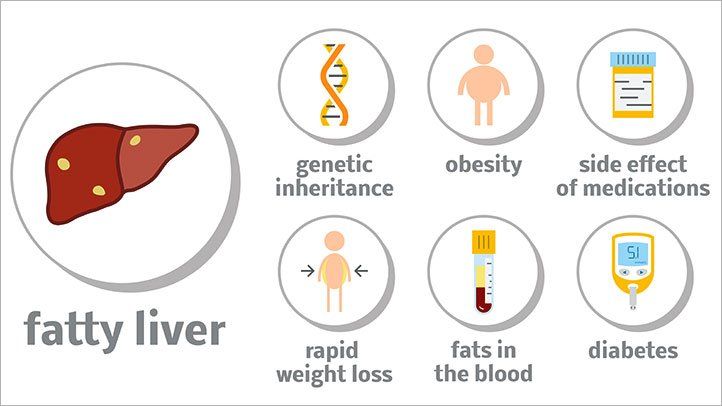Recognizing the Signs of Dehydration: Are You Drinking Enough Water?
Water is essential for our overall health and well-being. Our bodies rely on an adequate intake of water to function optimally. However, many people underestimate the importance of staying hydrated and often fail to consume enough water throughout the day. Dehydration can have detrimental effects on various aspects of our health. In this blog post, we will explore 10 signs that indicate you may not be drinking enough water.
-
Constant Fatigue and Low Energy Levels
One of the most common signs of dehydration is persistent fatigue and low energy levels. When you’re dehydrated, your body struggles to carry out essential functions, which can leave you feeling tired and sluggish. If you find yourself lacking energy throughout the day, it might be a good idea to assess your water intake.
-
Dry or Sticky Mouth
Have you ever experienced a dry or sticky feeling in your mouth? This is a classic symptom of dehydration. When you’re not drinking enough water, your saliva production decreases, leading to a dry sensation in your mouth. Keeping your mouth moist by drinking an adequate amount of water can help alleviate this discomfort.
-
Dark-Colored Urine
Monitoring the color of your urine is a simple and effective way to gauge your hydration levels. If your urine is dark yellow or amber in color, it usually indicates that you need to drink more water. Proper hydration is associated with clear or light yellow urine, which is a sign that your body is adequately hydrated.
-
Headaches and Dizziness
Dehydration can often manifest as headaches and dizziness. When you’re dehydrated, your brain tissue loses water, which can lead to headaches and migraines. Additionally, insufficient hydration affects blood flow and oxygen circulation, resulting in feelings of dizziness. Drinking water regularly can help prevent and alleviate these symptoms.
https://sugarfreeshop.online/2023/06/23/ketosis-vs-ketoacidosis-understanding-the-differences/
-
Dry Skin and Lips
Your skin is a reflection of your internal health. Inadequate water intake can result in dry, tight, or flaky skin. Without enough hydration, your body struggles to maintain proper moisture levels, leading to dryness and a lackluster complexion. Dry, cracked lips are also a common sign of dehydration.
-
Constipation and Digestive Issues
Water is crucial for maintaining a healthy digestive system. Insufficient water intake can contribute to constipation and other digestive issues such as bloating and indigestion. Staying hydrated helps promote regular bowel movements and ensures smooth digestion.
-
Muscle Cramps and Joint Discomfort
Dehydration can impact the functioning of your muscles and joints. When your body lacks water, it affects electrolyte balance, which can lead to muscle cramps and stiffness. Drinking enough water helps keep your muscles and joints lubricated, reducing the risk of discomfort and cramping.
-
Decreased Cognitive Function
The brain relies heavily on proper hydration to function optimally. Dehydration can impair cognitive abilities, including memory, focus, and concentration. If you’re finding it difficult to stay alert or experiencing mental fog, it could be a result of inadequate water intake.
-
Increased Heart Rate and Blood Pressure
When you’re dehydrated, your blood volume decreases, leading to an increase in heart rate and blood pressure. This places additional stress on your cardiovascular system, potentially leading to complications over time. Drinking enough water helps maintain healthy blood circulation and supports cardiovascular health.
-
Persistent Feelings of Thirst
Last but not least, a constant feeling of thirst is a clear indication that you’re not drinking enough water. Thirst is your body’s way of signaling that it needs hydration. Ignoring this signal can lead to more severe dehydration and its associated symptoms.
Staying adequately hydrated is essential for maintaining good health and well-being. If you’re experiencing any of the signs mentioned above, it’s important to evaluate your water intake and make necessary adjustments. Remember to drink water regularly throughout the day, even if you don’t feel particularly thirsty. By prioritizing hydration, you can support your body’s vital functions and promote overall wellness.











